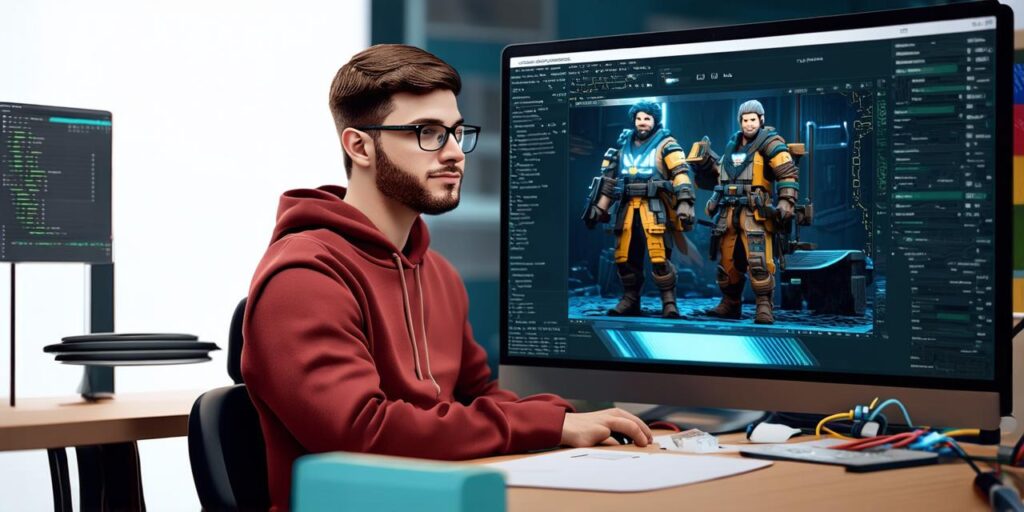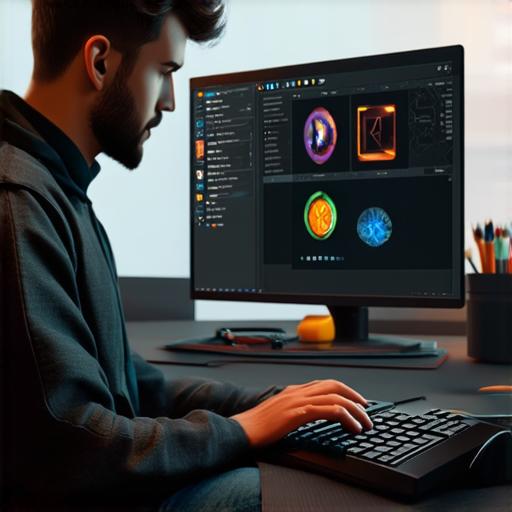
1. Learn the basics
Before you start diving into Unity, it’s important to have a solid understanding of programming concepts such as variables, data types, control structures, and functions. You can learn these concepts through online tutorials or by taking a course in computer science or game development.
2. Install Unity
Once you have learned the basics, you can download and install Unity on your computer. You will need to create an account on the Unity website to do this.
3. Create your first project

After installing Unity, you can create your first project by going to File > New > Project. You will be prompted to choose a template for your project. There are several templates to choose from, including 2D, 3D, and AR projects.
4. Learn the Unity editor
The Unity editor is the main interface where you will spend most of your time creating games and applications. You can learn more about the editor by going to Help > Tutorials or by watching online tutorials.
5. Create assets
Assets are the building blocks of any game or application. These include objects, materials, textures, and scripts. You can create these assets using various tools within Unity or by importing them from external software.
6. Write scripts
Scripts are used to add interactivity to your game or application. You can write scripts in C or JavaScript. There are many tutorials available online that will teach you how to write scripts in Unity.
7. Debug and test your project
Debugging and testing are important steps in the development process. You can use Unity’s built-in debugger to identify and fix any issues with your code. You can also test your game or application on a device to ensure it works as expected.
8. Publish your project
Once you have completed your game or application, you can publish it for others to play or use. Unity supports publishing to various platforms such as Windows, Mac, iOS, Android, and web.
In conclusion, becoming a Unity developer requires a combination of learning the basics of programming, mastering the Unity editor, and creating assets and scripts. With practice and dedication, you can create your own games and applications using this powerful engine.


